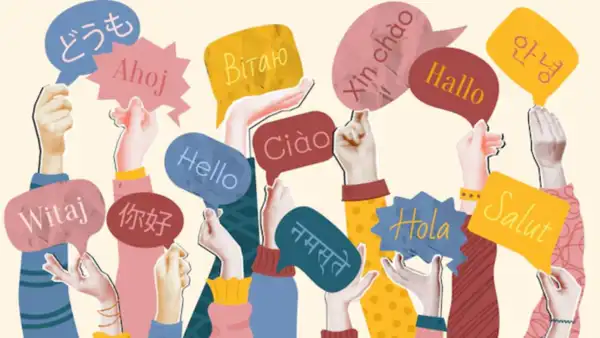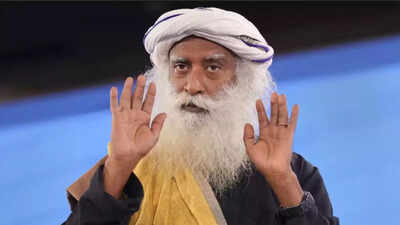How to give super boost to the brain using language as per Sadhguru

It’s easy to overlook how powerful the brain truly is. Every word spoken, every sentence understood, every emotion communicated through speech—these are signs of a deeply complex system working silently. According to Sadhguru, one of the most extraordinary things the human brain does is language. And not just speaking one language, but mastering many.
The popular spiritual leader and founder of the Isha Foundation has spoken about how the brain can be supercharged simply by learning and engaging with multiple languages. It’s not a motivational quote—it’s rooted in how the brain works, develops, and transforms through linguistic variety.
Language is a full-body brain workout
The general belief is that language is just a way to talk. But neuroscientists have shown that learning a new language activates all parts of the brain—logical thinking, memory, auditory processing, and even emotional intelligence.
Sadhguru points out that language isn’t merely for survival or interaction—it shapes how reality is perceived. Different languages bring different ways of thinking. For example, some languages don’t even have a past or future tense. That changes how time is understood. So, when the brain adapts to a new language, it doesn’t just memorise words—it reshapes thought patterns.

India isn’t just a land of diverse people—it’s also home to one of the most complex linguistic networks in the world. With over 1300 spoken languages and dialects, it’s a treasure trove for cognitive expansion.
Sadhguru says no other civilisation has produced so many languages. This isn’t just a cultural marvel—it’s a rare opportunity. Children in such an environment, if exposed properly, could develop brains that are sharper, more adaptive, and emotionally balanced. Sadly, much of this is lost due to a lack of structured language education.
Learning five languages may transform the brain
In many parts of the world, being bilingual is seen as a plus. But Sadhguru takes it a step ahead. He suggests every child should speak at least five languages and be able to read and write at least two. Why? Because every language learned is like opening a new door inside the brain.
According to a 2020 study published in Frontiers in Psychology, multilingual individuals have stronger neural connectivity, better memory retention, and are less likely to develop Alzheimer’s and dementia in old age.
So, it’s not just a cultural flex. It’s biological fuel for a healthier brain.

New Languages can heal the mind from modern stress
Many give up on learning languages in adulthood thinking it’s too late. But the adult brain, contrary to popular belief, doesn’t stop evolving. What it needs is motivation and repetition.
Sadhguru often speaks about bringing freshness to the mind. New languages challenge the brain, keep it alert, and act almost like a meditation in motion. It’s no surprise that people who continue learning into their 40s and 50s often report improved mood, better sleep, and stronger focus.
What is rarely said is that learning a language improves self-awareness. With every new language, a new personality comes alive. That’s not poetic—it’s psychological. People think, feel, and even behave differently depending on the language they’re using.
Sadhguru believes the human brain thrives in diversity. Learning languages is not just about adding vocabulary—it’s about expanding perception. Different languages express emotions in different ways. That means better emotional regulation and higher emotional intelligence.
Language is a personal tool for brain evolution
It’s easy to think of language as a social requirement. But it’s more personal than that. Each word learned, each grammar rule mastered, wires the brain in fresh ways. It boosts creativity, sharpens decision-making, and even helps develop better spatial awareness.
As Sadhguru rightly says, out of all the things the human brain is capable of, language is one of the most refined and complex functions. Honouring that by learning more than one language isn’t just smart—it’s deeply transformative.
















